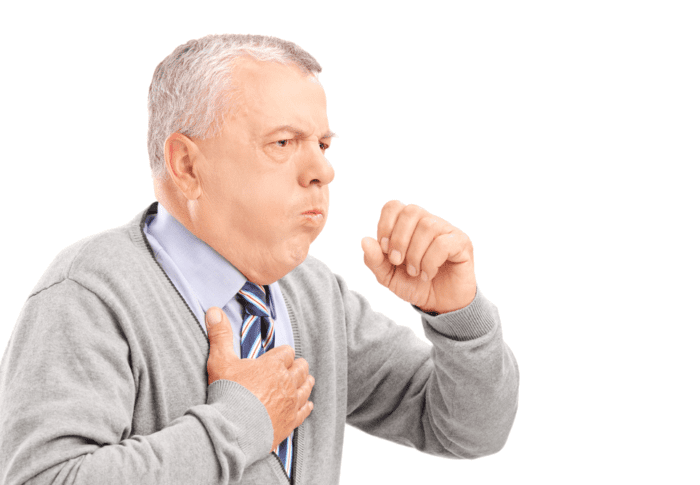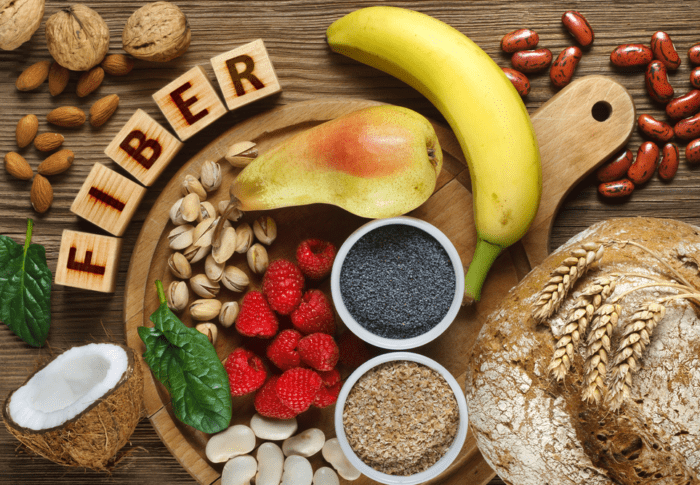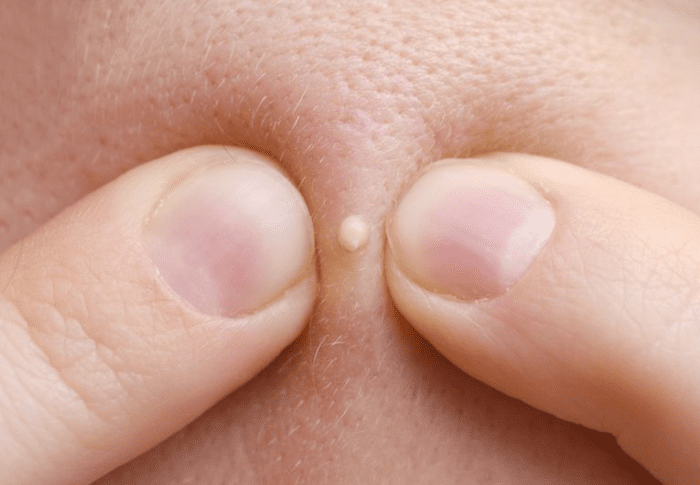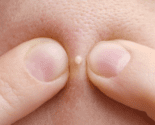
Blood pressure: Treatment, cause and mor
Blood pressure is the measurement of the force exerted by blood on the walls of the arteries as it flows through them. It is expressed as two numbers, systolic and diastolic, and is measured in millimeters of mercury (mmHg). The systolic measurement is the higher number and represents the pressure when the heart beats and pumps blood through the arteries. The diastolic measurement is the lower number and represents the pressure when the heart is at rest between beats. A healthy blood pressure reading is usually around 120/80 mmHg, while high blood pressure (hypertension) is defined as a reading of 130/80 mmHg or higher. Low blood pressure (hypotension) is usually defined as a reading of 90/60 mmHg or lower. High blood pressure can increase the risk of heart disease, stroke, and other health complications if left untreated.

Blood pressure refers to the force that your blood exerts against the walls of your blood vessels. High blood pressure or hypertension, which can be dangerous if left untreated, does not usually have any symptoms, which is why it is called the “silent killer.”
high blood pressure cause:
- Headaches
- Shortness of breath
- Nosebleeds
- Dizziness
- Chest pain
- Irregular heartbeat
- Vision changes
If you experience any of these symptoms, you should speak to your doctor immediately.
High blood pressure can be caused by several factors, including genetics, poor diet, lack of exercise, obesity, and smoking. Stress and certain medical conditions, like kidney problems, hormonal disorders, and sleep apnea, can also contribute to high blood pressure.
Treatment for high blood pressure
- Change your diet to include more fruits, vegetables, legumes, and whole grains, and decrease your intake of saturated fats, sodium, and processed foods.
- Begin a regular exercise routine, such as taking walks or swimming 30 minutes a day.
- Quit smoking if you are a smoker.
- Limit your alcohol intake to no more than one drink per day.
- Reduce your stress levels by practicing relaxation techniques such as deep breathing or meditation.
To manage blood pressure, individuals with hypertension may need to make lifestyle changes such as exercising regularly, eating a healthy diet, reducing salt intake, and quitting smoking. In some cases, medication may be prescribed to lower blood pressure. Regular monitoring of blood pressure is crucial for managing hypertension and reducing the risk of associated health problems.
To prevent high blood pressure, it’s important to get regular checkups, maintain a healthy weight, exercise regularly, and eat a well-balanced diet that’s low in sodium and high in fruits, vegetables, and whole grains.
Conclusion:
Blood pressure management is crucial to prevent severe health issues. Please follow the advice of your doctor or medical professional to keep your blood pressure levels in check.






-
-
2 years
Tagged causes, dry cough, treatment